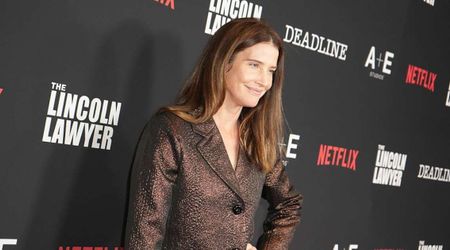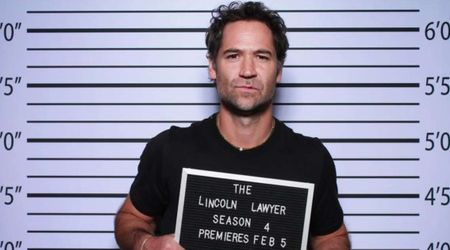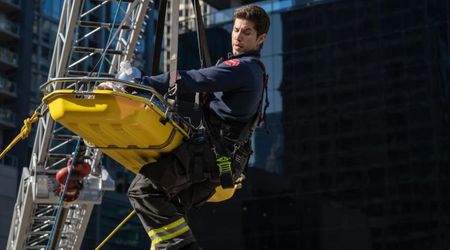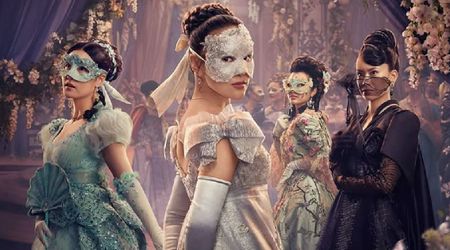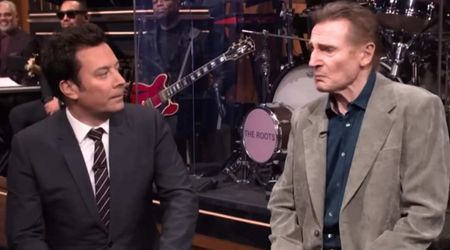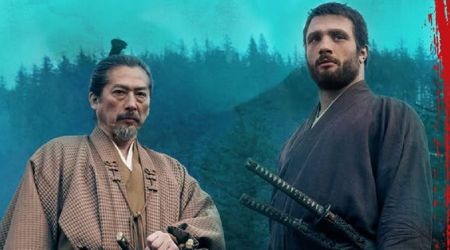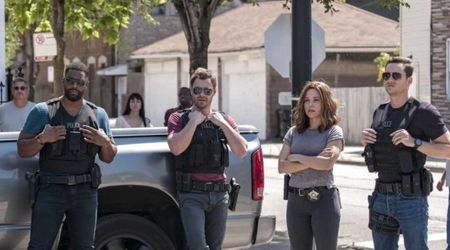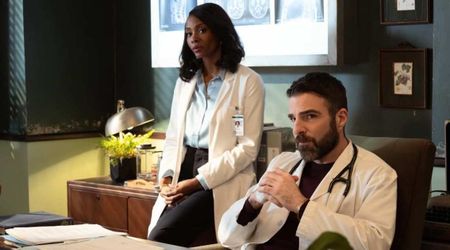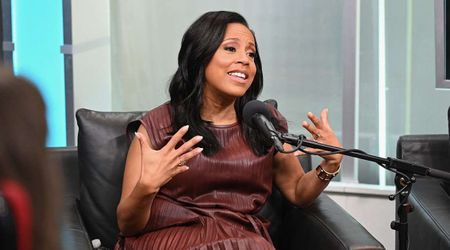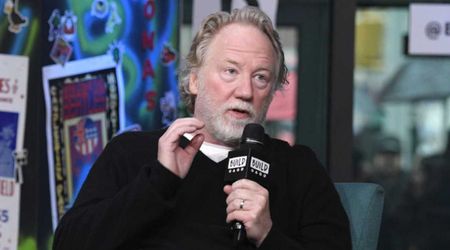'Penny Dreadful: City of Angels': Adam Rodriguez says Raul Vega's will to fight back made him a union leader

Raul Vega (Adam Rodriguez) plays a union leader in 1930s LA on 'Penny Dreadful: City of Angels'. It's not a safe role to take on, but for Raul, it's almost a calling. In an exclusive interview with MEA WorldWide (MEAWW), Rodriguez talks about Raul's union connections, as well as how the show tackles racism.
It's 1930s LA, it's a dangerous time to be a Hispanic union leader. What inspired Raul Vega to take on that role?
Being the eldest in his family — the father passed on when they were quite young — it came naturally. (He) stepped into the patriarchal role, which is the role of leadership and responsibility. And I think that he just naturally took to that when it was time for him to go to work. He started working at a young age and saw a lot as a young man. Then, naturally having these leadership abilities because of his familial situation, I think that he gravitated towards leading other men and they gravitated towards following him.
So, I think it was a pretty natural progression for him, and it is his identity. He takes it as seriously as one can take anything they're committed to. And he's willing to put his life on the line for that fight. He really believes in sticking up for the common man. He really believes in fighting for their rights and for them to be treated as equals. Not to be compromised by the rich and completely discounted, and written off as being invaluable or not worthy of being treated the way that every other citizen should be treated.
What have you learned from the show about being a union leader in the 1930s LA?
I think that this is a time when Raul hasn't quite gotten to the point where he understands how politics works necessarily. This is what's interesting. The difference between Raul and his brother Taigo is (that) the way to get things done lies somewhere between the two of them, in each of their approaches. Raul is all about fire and muscle and fighting back, and standing up to the powers and engaging in physical conflict as the need be. That is his way of making a statement — standing his ground — while his brother's approach is more about infiltration, standing the course of time and waiting to become a part of the system, then change it from the inside out. Raul's approach is changing it from the outside in.
So I think they both have a different approach and at that time I think Raul was doing what men of that era felt needed to be done in order to take a stand. In the first episode, Raul does go to the city hall and attempts to plead his case to the politicians that have the power to make these decisions. But when he feels like that failed him, his decision is to stand up and stage a riot. To fight back or to create a stand that ends up becoming a riot.
At that time, maybe the thinking just hadn't quite evolved to the point where you realize that there are other ways, better ways to do that then by physically taking a stand against a power structure that is so much larger than you that there's no way to win. I think Raul does learn that. That's one of the things about the character that I love is that he has this one way of thinking when you're introduced to him, and you see him begin this journey and through the course of events that take place, you really begin to see his thinking change. You see a man evolve.
I really think, of all the characters in the show, Raul has the greatest evolution throughout the course of the season. Everybody's evolving little by little, but I think that you really get to see, through Raul's eyes, somebody who's waking up to the fact that there are always better ways to do things. Here we are 92 years after this story takes place, and we still haven't figured out better ways to do things as a society, as different cultures, as different socio-economic classes. We haven't figured out ways to help each other move forward. Instead, there's still the same old conflict and finger-pointing and lack of progress as a result of that.
How do you feel the show tackles racism?
I think what the show does really well is not dwell so much on the racism but actually just illustrate how much a part it was of people's mentality, and how that affects the decisions that get made because we don't view each other as the same type of human beings. You don't put the same value on each other because of these differences we choose to get stuck on, for lack of a better word. This constant back and forth that gets us nowhere. I think one of the things that the show really does a great job of illustrating (is) that we have not made much progress in all of this time, and it's mainly because we get stuck on attaching ourselves to the wrong things — whether that's attaching ourselves to a certain group or a certain way of thinking, and when we do that we miss out on the big picture.
The next episode of 'Penny Dreadful: City of Angels' airs May 3, on Showtime.

